Loneliness doesn’t just mean feeling despondent and desperately alone.
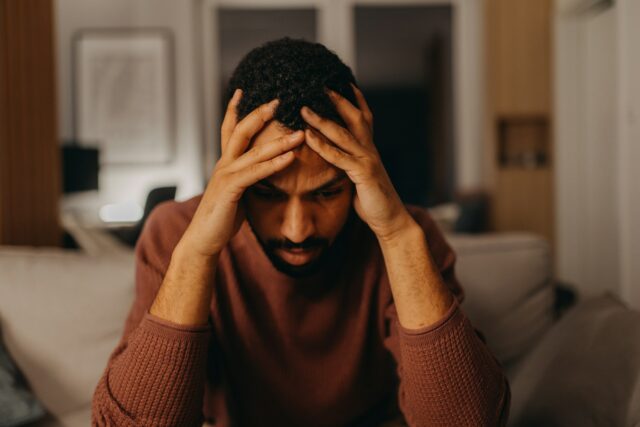
In fact, it’s a much more complex emotion that manifests in some ways that would probably surprise you. No matter how big your social circle, or how much you claim to love your life, if you experience these feelings, loneliness might be a bit more present in your life than you’d like to admit. There’s no shame in that — it happens to the best of us sometimes!
1. You feel disconnected even in a crowd.

Ever been at a party or a crowded place and still felt completely alone? You might find yourself feeling like an outsider, even when you’re surrounded by friends or family. It’s like you’re going through the motions of socialising, but inside, you feel empty or separate from everyone else. No matter how many people are around, that sense of connection just isn’t there.
2. You crave physical touch and affection.

If you find yourself longing for hugs, cuddles, or even just a friendly pat on the back, that could be a sign you’re feeling lonely. This isn’t just about romance—it’s about wanting human connection on a physical level. You might notice you look for opportunities for even casual touch more than before, like shaking hands or giving high-fives.
3. Sharing your true feelings is tough for you.

You might find it hard to open up to other people, even close friends or family. Maybe you feel like no one would understand or that they might judge you. So instead, you keep things on the surface and avoid diving deep into how you’re really feeling. This can make you feel even more isolated because you’re not letting people see the real you.
4. Socialising leaves you feeling drained.
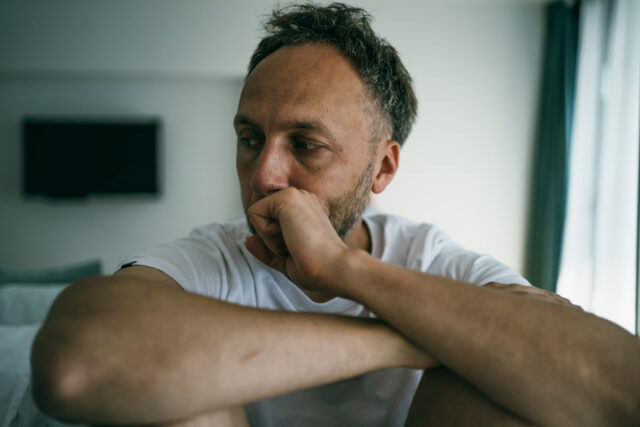
Hanging out with other people might leave you exhausted, even if you had fun. It’s not just physical tiredness—it’s emotional and mental fatigue. You might need extra time to recharge after social events, and sometimes you might even avoid them because you know how wiped out you’ll feel afterward.
5. You overthink every conversation you have.
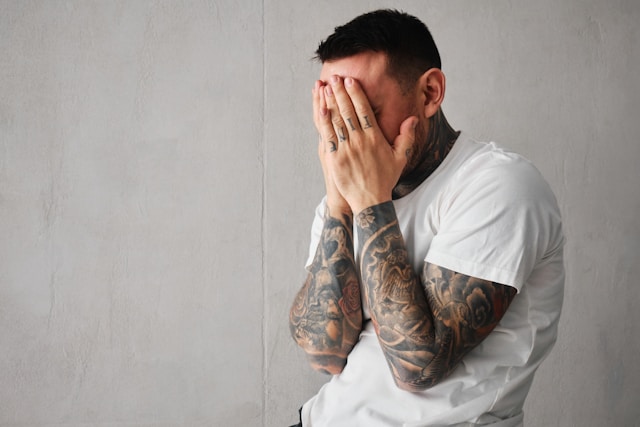
Do you replay social interactions in your head, worrying about what you said or how you came across? You might spend way too much time analysing texts or social media messages, stressing over what they might mean. This constant second-guessing can ramp up your anxiety and make you feel even more alone.
6. It’s hard for you to feel happy for other people.

When friends share good news, you struggle to genuinely celebrate with them. It’s not that you’re jealous; you just feel disconnected from their joy. You might go through the motions of congratulating them, but inside, you feel empty or maybe even a bit sad.
7. You rely heavily on social media for connection.

If you find yourself constantly checking your phone for notifications or spending hours scrolling through feeds, loneliness might be at play. While social media can help you feel connected temporarily, it often leaves you feeling more isolated in the long run. You might focus more on your online presence than building real-life relationships.
8. Making decisions on your own is hard.
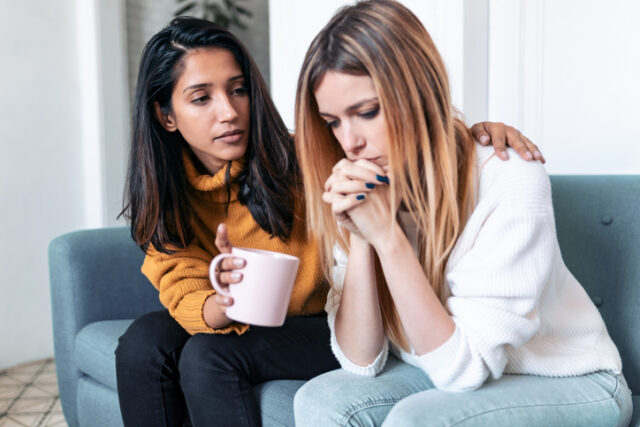
You might constantly ask advice or validation from other people, even for small choices. It could be because you’re doubting yourself or feel unsure without input from someone else. Either way, it can make you feel dependent and less confident in your own judgement.
9. You experience periods of unexplained sadness.
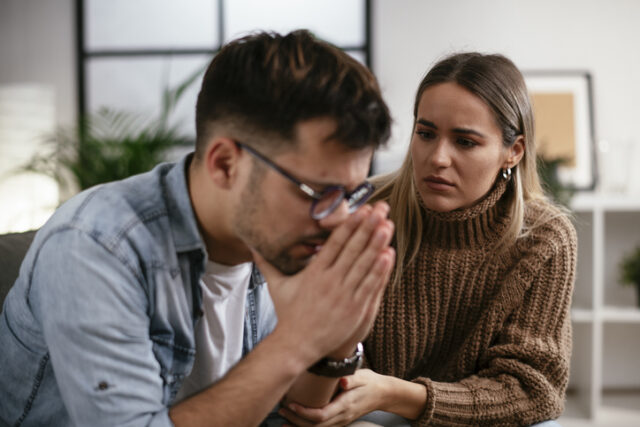
Ever feel waves of sadness that seem to come out of nowhere? You might find yourself tearing up over small things or just feeling down without a clear reason. These feelings can catch you off guard and make you wonder what’s really going on.
10. Being alone makes you feel uneasy.
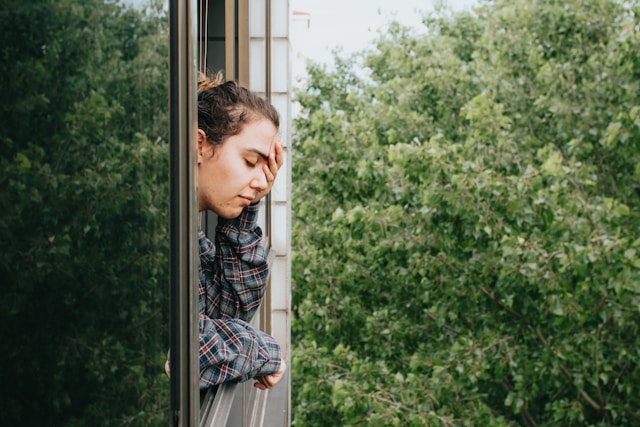
While some people love their alone time, you might find it uncomfortable or even anxiety-inducing. You might always need background noise like the TV or radio, or you keep yourself super busy to avoid being alone with your thoughts. Relaxing by yourself just doesn’t feel as enjoyable as it used to.
11. You feel like nobody really understands you.
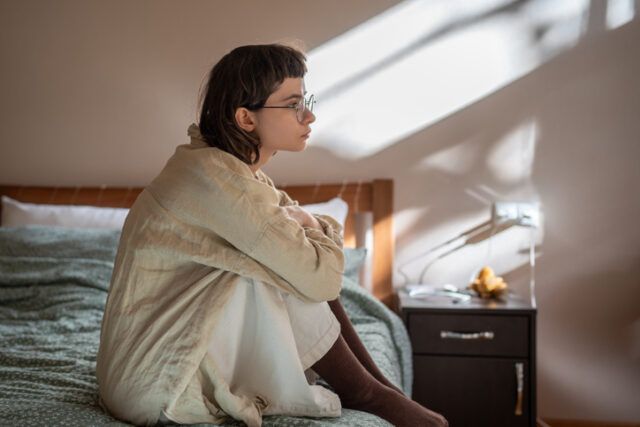
It’s like you’re speaking a different language from everyone else. You might feel that your thoughts and feelings are unique in a way that other people just can’t get. This can lead you to keep things to yourself, which only adds to that feeling of isolation.
12. You’re experiencing physical signs of stress.

Loneliness doesn’t just affect your emotions—it can take a toll on your body too. Maybe you’re having headaches, stomach issues, or trouble sleeping. You might feel tired all the time or notice changes in your appetite. These physical symptoms can be a sign that loneliness is weighing on you more than you realise.
13. Keeping long-term relationships is tough for you.

You might find yourself pulling away from friends or partners when things start getting serious. Fear of rejection or getting hurt might make you put up walls. It can create a cycle where you end up feeling even more alone because you’re not letting relationships deepen.
14. You engage in habits that aren’t good for you.
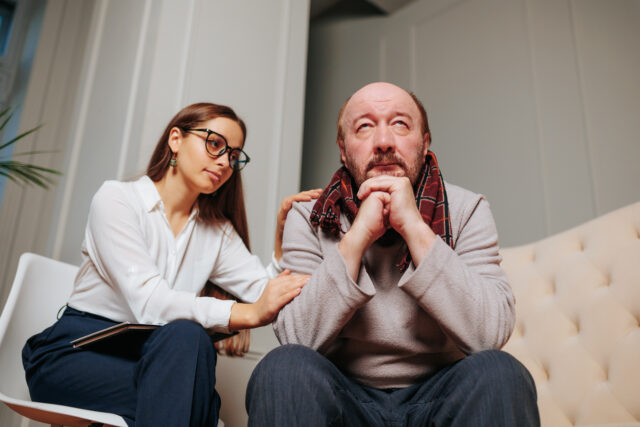
Maybe you overeat, drink too much, or engage in other risky bbehavioursto cope with how you’re feeling. These actions might provide temporary relief but can lead to more problems down the line. It’s a way to numb the loneliness, but it doesn’t fix the underlying issue.
15. You romanticise past relationships.

You might find yourself thinking a lot about old friendships or ex-partners, remembering only the good times and forgetting the bad. Doing so can make your current loneliness feel even sharper because you’re comparing it to an idealised past. You might even consider reaching out to people from your past in hopes of reconnecting.
16. You struggle with self-worth and identity.
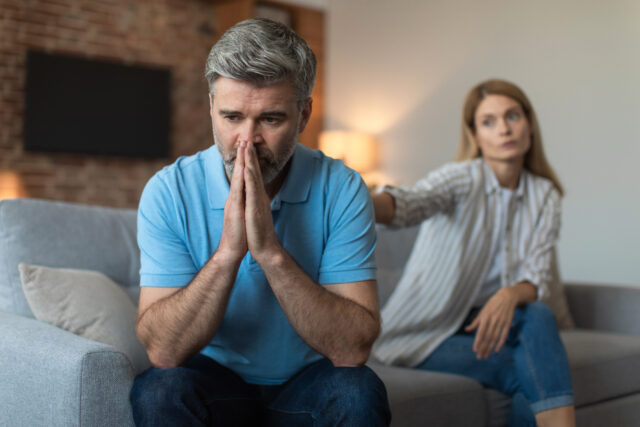
Loneliness can make you question your self-worth and identity. You might struggle to define yourself outside of your relationships with other people, and the uncertainty can make it even harder to connect with people because you’re not sure which version of yourself to present.
17. You have a massive fear of abandonment.
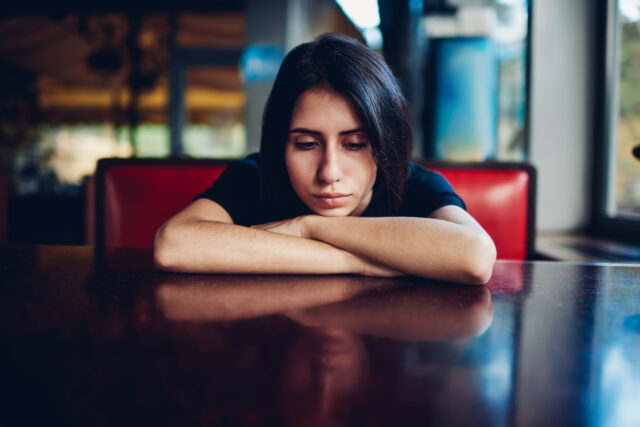
The fear of abandonment might be looming over you. You might cling tightly to people or, conversely, push them away before they get a chance to leave. Needing constant reassurance from friends and loved ones can strain relationships, ironically making the thing you fear more likely to happen.




